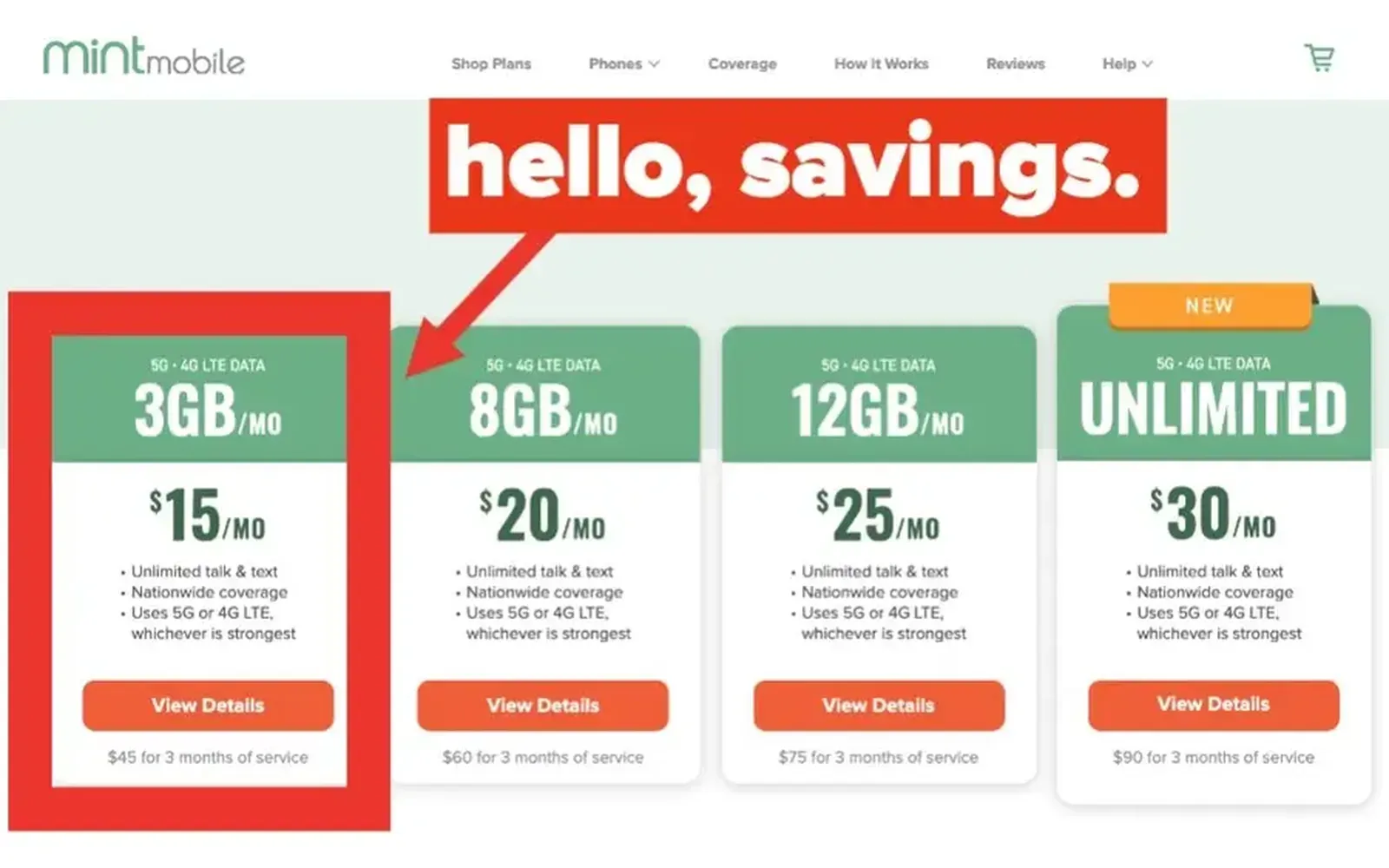How to Choose a Prepaid vs Postpaid Cell Phone Plan for Your Family
Understanding Prepaid and Postpaid Cell Phone Plans
When considering the best cell phone plan for your family, it’s essential to understand the key differences between prepaid and postpaid cell phone plans. Both options come with their unique advantages and disadvantages, which can greatly influence your family’s overall mobile experience. Knowing how each plan works will help you make an informed decision that aligns with your family’s needs and budget.
What is a Prepaid Cell Phone Plan?
A prepaid cell phone plan allows you to pay for your mobile service upfront. This means you purchase a certain amount of data, talk time, and text messages before using them. Prepaid plans are often flexible, providing you the option to choose a plan that fits your family's usage needs without any long-term commitments.
Here are some key features of prepaid plans:
- No credit checks or contracts
- Pay-as-you-go model
- Easy to switch providers
- Control over spending
What is a Postpaid Cell Phone Plan?
In contrast, a postpaid cell phone plan requires you to sign a contract, typically lasting one or two years, where you pay for your mobile service at the end of each billing cycle. Postpaid plans usually come with higher data allowances and added features such as family plans and device financing options.
Key features of postpaid plans include:
- Monthly billing after usage
- Contracts with potential penalties for early termination
- Access to premium features and customer service
- Better deals on smartphones
Factors to Consider When Choosing Between Prepaid and Postpaid Plans
When selecting the right cell phone plan for your family, consider the following factors:
1. Budget
Your family’s budget plays a crucial role in determining the best plan. Prepaid plans generally have lower monthly costs and allow you to avoid unexpected charges, making them ideal for families looking to control spending. Conversely, postpaid plans may offer more features but can lead to higher bills if you exceed your data limits.
2. Usage Patterns
Analyze your family’s cell phone usage. If your family members are heavy data users, a postpaid plan may provide better value with larger data allowances. However, if your family uses minimal data and primarily relies on Wi-Fi, a prepaid plan could be more economical.
3. Family Plans
Many carriers offer family plans under both prepaid and postpaid options. If your family is large, look for plans that provide discounts for multiple lines. Postpaid family plans often come with shared data, which can be beneficial if one or more family members use less data than others.
4. Contract Flexibility
If your family’s needs change frequently, a prepaid plan could be more suitable due to its flexibility. With no contracts, you can easily switch plans or providers without penalties. On the other hand, if you prefer the stability of a long-term plan and the potential for lower rates, postpaid may be the way to go.
5. Device Financing
Postpaid plans often provide options for financing a new smartphone, which can make it easier to acquire the latest devices without paying the full cost upfront. Prepaid plans usually require you to purchase the phone outright, which may not be feasible for some families.
Comparing Prepaid and Postpaid Plans
| Feature | Prepaid Plans | Postpaid Plans |
|---|---|---|
| Payment Method | Upfront | Monthly billing |
| Contract | No contract | Contract required |
| Flexibility | High | Low |
| Device Financing | Not typically available | Often available |
| Data Limits | Variable | Higher data limits |
Conclusion: Making the Right Choice for Your Family
Choosing between a prepaid and postpaid cell phone plan boils down to your family's specific needs and preferences. Evaluate your budget, usage patterns, and the importance of flexibility when making your decision. Both options have their strengths, so weigh the pros and cons carefully.
Ultimately, conducting thorough research and comparing different plans from various carriers can lead to the best choice that ensures your family stays connected without overspending. Whether you opt for a prepaid or postpaid plan, being informed will help you secure the right cell phone plan that fits your family’s lifestyle.
Explore

How to Choose the Right Life Insurance Plan

Top 2025 Cell Phone Plans Compared

How to Choose the Best Health Insurance Plan

Choosing the Right Health Insurance Plan: A 2025 Guide

Upscale Family Vacations: Balancing Kid‑Friendly and Luxe
Connecting Generations: Navigating the Digital World with Family Internet

How to Choose the Right Portfolio Management Software for Your Business

How to Choose the Right Fund Manager Software for Your Investment Firm
